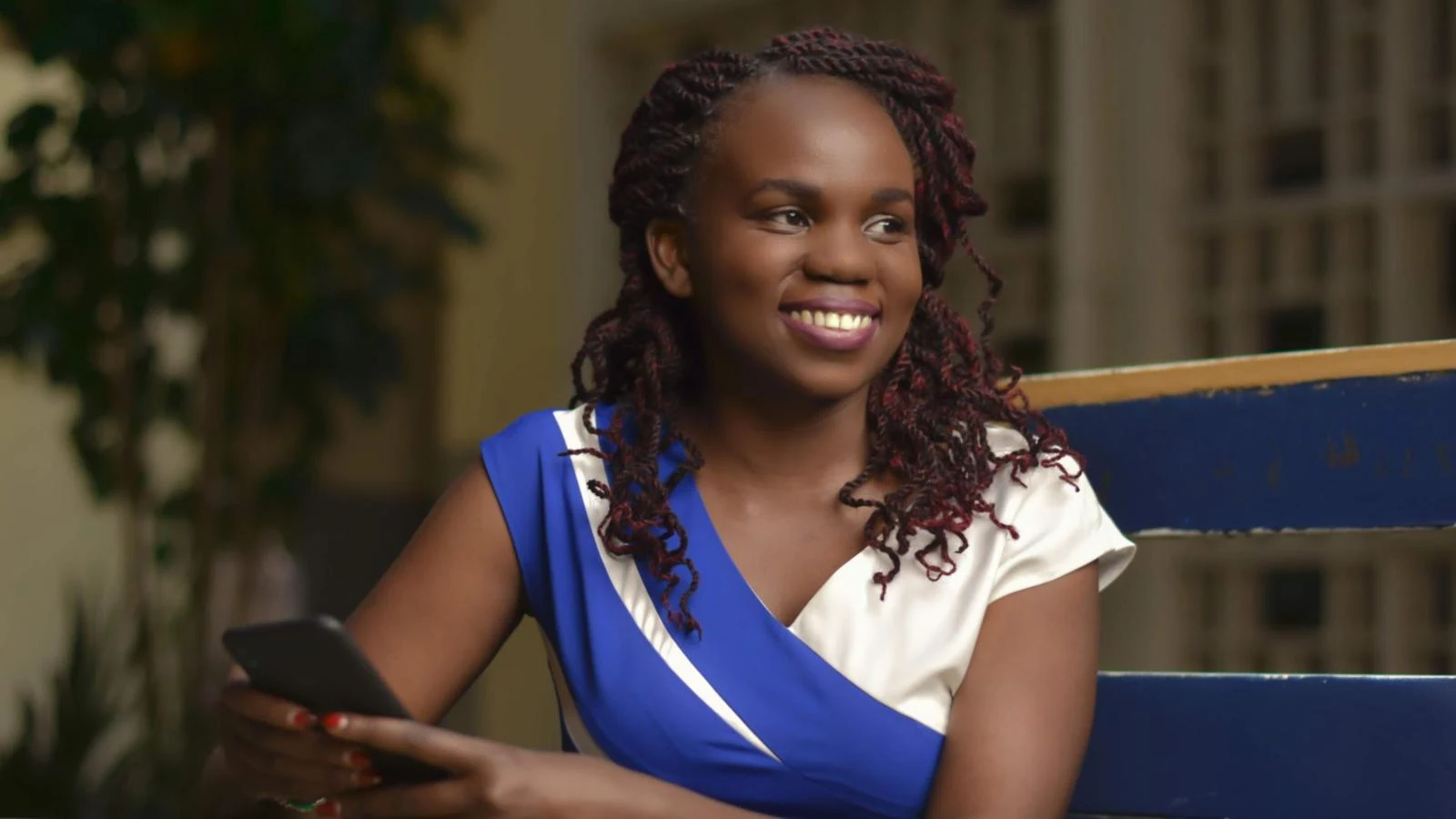
They say "let your smile change the world but don't let the world change your smile." I felt like these words were specifically written for me. I have learned and decided to choose happiness over keratoconus for the past couple of years. Keratoconus has made me stronger than I ever thought I could be. It has snatched a bigger portion of my life but I haven't allowed it to take away my happiness.
My vision took to the worse in 2017. Spectacles were not an option for me. I only wear glasses to protect me from extreme light. I became poor in giving directions or finding my way through town because of my poor vision. So this one time before 2017 when I didn't know I had keratoconus, I was knocked down by a vehicle (we call it matatu) in Nairobi, that's like the busiest town and capital city of Kenya. I landed on the tarmac road while my bag landed on the other side of the road.
How cruel can keratoconus be? I still remember the bag I was carrying to date; my green flowered college bag. Thank God the matatu wasn't speeding, if it were, I wouldn't have lived to tell this story.
How do you start explaining to people who have no clue that you wear hard lenses? How many people even know about rigid gas permeable lenses or hard contact lenses? How do I begin telling people that I can't see anything or read anything unless it's about 10cm from my eyes or it's massive? How come you can't see? I know you don't see Alice. You are practically blind!
Those are a few of the ridiculous and painful comments I have learnt to deal with. Sometimes I scroll through my Facebook page and see some memes or jokes about people who wear glasses and I'm torn between laughing or feeling sorry for myself. I know the later isn't the way to go.
On 4th June 2019, I had the first surgery ever in my life. It took around an hour. This is crosslinking. Anybody can manage it and there's no need to be scared. It is done when you're conscious. My doctor told me and I'll quote: "Alice, keratoconus is a progressive condition and you can't afford to joke with it. You need to have crosslinking done to your eyes."
Living with keratoconus in a third world country isn't a walk in the park. First of all it is expensive; from the rigid gas permeable lenses that cost not less than $100. These are not covered by any insurance as far as I know. Another thing is that adapting and getting used to putting on the hard lenses is stressful and not for the faint heart. I struggled with my lenses for the first month and there was a point I felt like the world and everything in it was fighting me. I had to give myself at least 2 hours before leaving the house because I hadn't learnt how to quickly fix the lenses without being anxious. Life was pretty tough then. Nowadays, it takes me a maximum of 5 minutes. I look back and thank God.
Alice Ougo (@itsatieno)